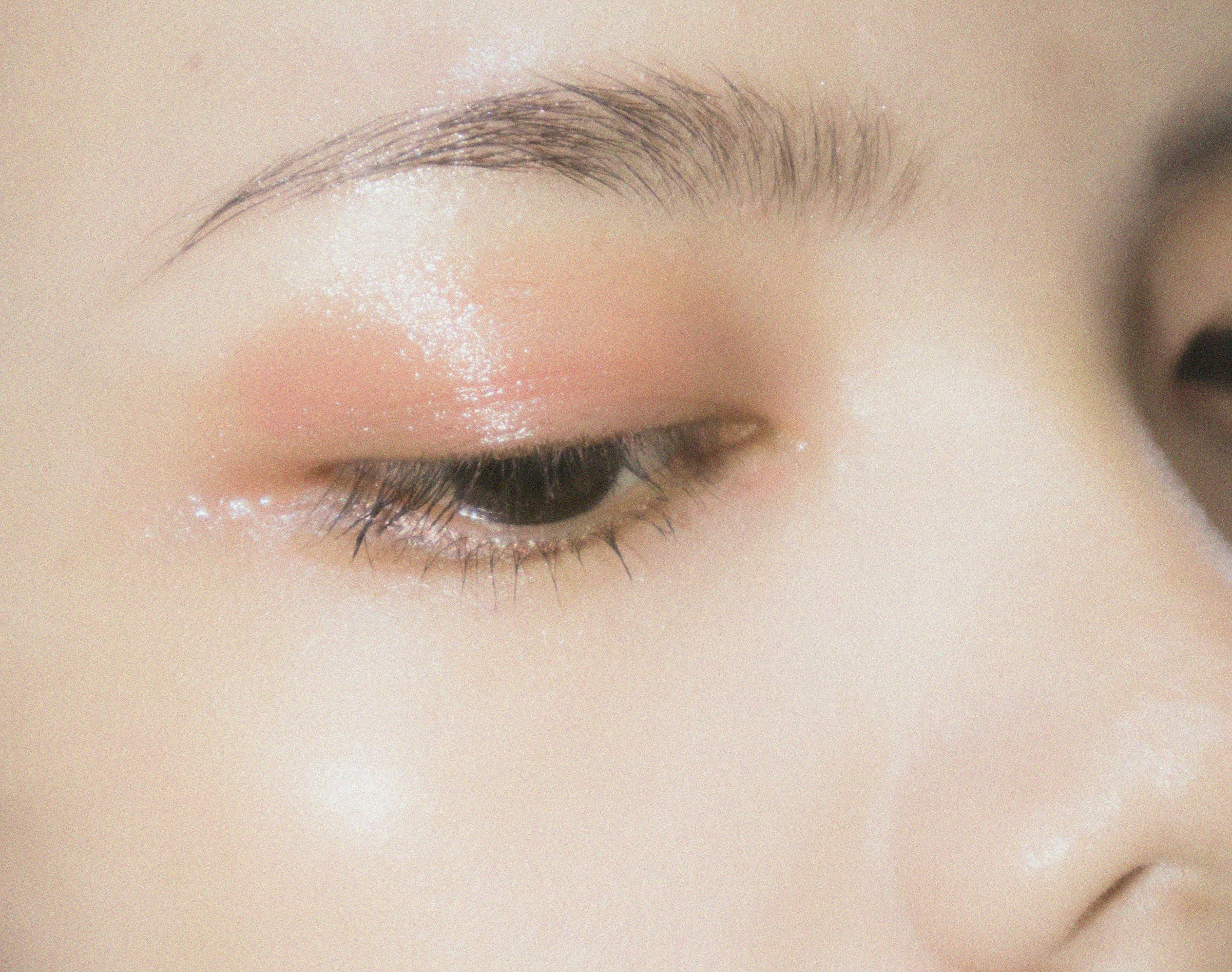What Role Do Antioxidants Play in Skin Health?

Your skin, the body's largest organ, plays a vital role in maintaining overall health. It's the first line of defence against external elements, from UV rays to pollutants and bacteria. To perform its role effectively, skin health must be optimal. One factor that plays a crucial role in maintaining skin health is antioxidants. When incorporated in your diet and skincare routine, antioxidants can provide a myriad of benefits to your skin. This article delves into the science behind antioxidants, their effects on skin health, and how you can integrate them into your skincare regimen.
The Science Behind Antioxidants
Antioxidants are vital molecules that neutralize harmful free radicals in your body. These free radicals are unstable molecules that can cause oxidative stress, a process that can damage cells and contribute to aging and diseases, such as skin cancer. Antioxidants help inhibit the effects of oxidative stress on your skin, ensuring its health and vitality.
Dans le meme genre : How Can Digital Health Tools Improve Medication Adherence in Chronic Disease Patients?
To understand the role of antioxidants in skin health, it's essential to comprehend how free radicals work. When your skin is exposed to environmental stressors like UV rays or pollution, it undergoes oxidative stress. During this process, free radicals are produced. These unstable molecules seek stability by stealing electrons from nearby stable molecules, which in turn become unstable, setting off a chain reaction of damage.
Antioxidants come into play by offering one of their own electrons to free radicals. By doing so, they stabilize the rogue molecules, preventing them from causing further damage. This crucial role of antioxidants underpins their importance in maintaining skin health.
Sujet a lire : How Can Personalized Medicine Improve Treatment Outcomes for Cancer Patients?
Antioxidants and Anti-Aging
When it comes to skincare, one of the primary concerns for many is anti-aging. Over time, factors such as sun exposure, smoking, and poor nutrition contribute to the breakdown of collagen, a protein that provides structure and elasticity to the skin. This breakdown leads to wrinkles, fine lines, and sagging skin, the telltale signs of aging.
Antioxidants like vitamin C, vitamin E, and beta-carotene work to combat these signs of aging. Vitamin C, also known as ascorbic acid, is crucial for collagen synthesis. By promoting collagen production, it helps maintain skin's firmness and elasticity. Vitamin E protects the skin from damage by absorbing harmful UV rays, reducing the appearance of wrinkles and fine lines. Beta-carotene, on the other hand, converts to vitamin A in the body, which aids in skin cell regeneration and repair.
By incorporating antioxidants into your skincare routine, you can help reduce the visible signs of aging and maintain a youthful appearance.
Antioxidants and Skin Damage Repair
Environmental factors and lifestyle habits can cause considerable skin damage. From exposure to harmful UV rays and pollutants to smoking and poor diet, your skin is continuously under assault. This exposure can lead to conditions such as premature aging, skin cancer, and various skin disorders.
Antioxidants, especially vitamins C, E, and B3, and selenium, can help in skin damage repair. Vitamin C plays a vital role in wound healing and the regeneration of the skin barrier. Meanwhile, Vitamin E's anti-inflammatory properties assist in calming and hydrating the skin, while selenium can protect against sun damage and age spots. Vitamin B3, also known as niacinamide, can repair DNA damage and reduce the risk of certain types of skin cancer.
By integrating antioxidant-rich products into your skincare regimen, you can enhance your skin's ability to repair itself and maintain its health.
Antioxidants in Your Skincare Routine
Now that you understand the role of antioxidants in skin health, you might be wondering how to incorporate them into your skincare routine. Fortunately, many skincare products are rich in antioxidants. These include serums, creams, lotions, and even oral supplements.
For topical application, look for products that contain vitamins C, E, and B3, among others. These are readily absorbed into the skin, providing immediate benefits. For oral intake, consider antioxidant-rich foods like berries, nuts, and green leafy vegetables. You can also opt for supplements, but remember to consult a healthcare professional before starting any new supplement regimen.
Conclusion
Antioxidants play a crucial role in skin health by combating oxidative stress, promoting anti-aging, repairing skin damage, and enhancing your overall skin care routine. By understanding their benefits and incorporating them in your diet and skincare, you can ensure your skin's health and vitality.
Topical vs. Oral Antioxidants: Which is Better?
There's been an ongoing debate among skincare enthusiasts about whether it's better to apply antioxidants topically or ingest them orally. Both methods have their benefits and can contribute significantly to skin health.
When antioxidants are applied topically, they interact directly with your skin, typically penetrating the uppermost layers. Vitamin C serums, for instance, provide an immediate boost to your skin's health by stimulating collagen production, brightening your skin tone, and neutralizing free radicals. Likewise, creams and lotions with Vitamin E help to moisturize and soothe the skin while offering protection against harmful UV rays.
On the other hand, oral antioxidants contribute to overall body health, which also reflects on the skin. Consuming foods rich in antioxidants or taking antioxidant supplements helps to fortify your body's internal defense system. By improving your overall health, you are also indirectly improving your skin health.
Both methods complement each other in a skincare routine. While topical applications provide immediate effects, oral antioxidants ensure long-term skin health. Therefore, a balanced approach that includes both topical and oral antioxidants is the key to maintaining skin vitality.
The Future of Antioxidants in Skincare
The world of skincare is continually evolving, and the role of antioxidants in skincare is no exception to this trend. As we learn more about the benefits of different antioxidants, new products are being developed to harness their potential.
We are seeing an increase in products designed to deliver antioxidants in new ways. For example, microencapsulation technology is being used to enhance the stability of antioxidants in skincare products, ensuring that they remain effective for longer. This technology also allows for a slow release of antioxidants, providing more sustained benefits.
Another exciting development is the rise of antioxidant-infused wearable skincare. From antioxidant-rich facial masks to gloves and socks lined with antioxidant serums, these products offer a new and convenient way to boost skin health.
Given the pivotal role that antioxidants play in skin health, we can expect to see even more innovations in the future designed to make the most of these powerful molecules.
The importance of antioxidants in skin health cannot be overstated. They are the body's natural defense against harmful free radicals, environmental damage, and the visible signs of aging. Whether you choose to apply them topically or ingest them for systemic benefits, antioxidants are a must-have in your skincare routine.
The future of antioxidants in skincare looks promising, with new technologies and products continually emerging. By staying informed and making conscious choices, you can harness the power of antioxidants for healthier, younger-looking skin. Remember, your skin is a reflection of your overall health. By taking care of it and nourishing it with the right nutrients, you ensure not just better skin health but improved general well-being.
